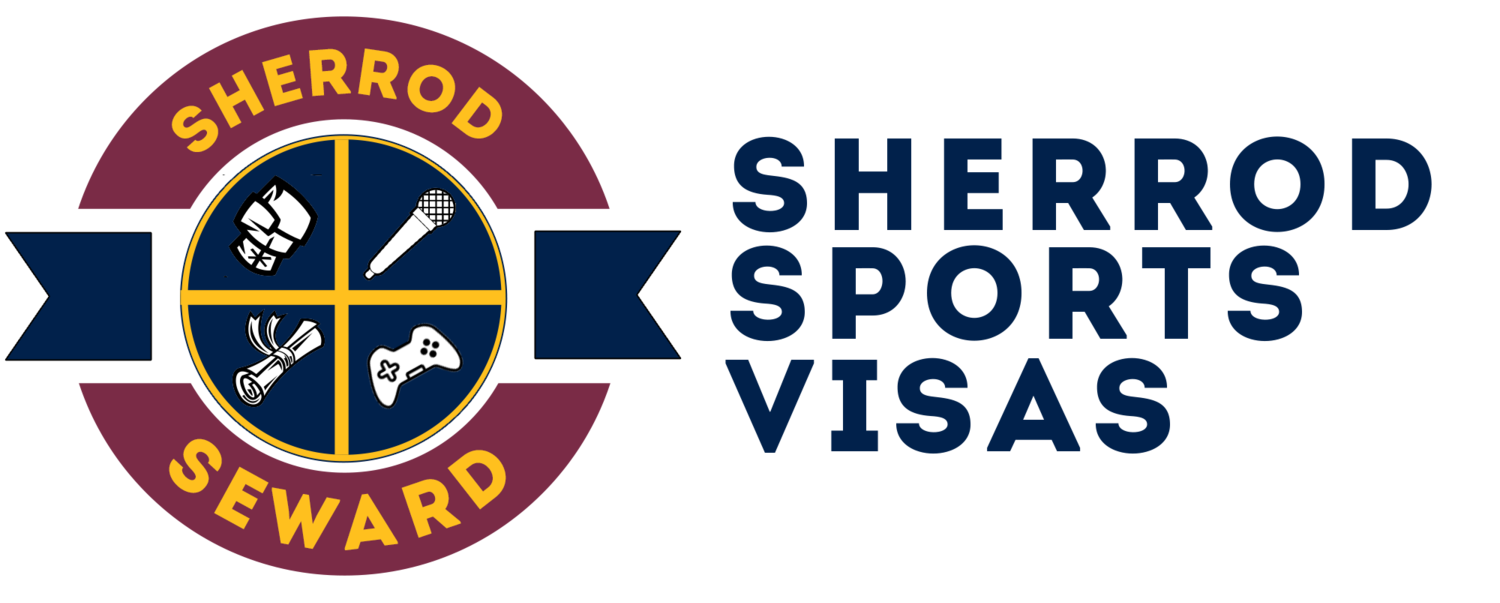Can I Compete on B-1 Visas as an Athlete? Limitations and Best Practices
The B-1 visa is an essential option for athletes worldwide who want to compete in the U.S. It allows for short-term visits and participation in competitions without the complexities of employment-based visas. However, there are significant limitations that athletes must be aware of to avoid serious consequences such as visa revocation or future ineligibility for U.S. entry.
What Is a B-1 Visa?
The B-1 visa allows athletes to enter the U.S. for business purposes, including competitions. It is popular among professional athletes who compete in high-profile events such as tennis tournaments, boxing matches, and esports competitions. The primary advantage of the B-1 visa is that it allows athletes to participate in competitions and receive prize money without needing a full-fledged work visa. However, it's important to understand that the B-1 visa is not intended for long-term engagements or employment.
Legal Limitations of B-1 Visas for Athletes
Prize Money Only
Athletes can earn prize money for their performance, but that must be the only form of compensation. Other payments, like appearance fees, sponsorship money, or salaries, are strictly prohibited. Violating this rule, even if funds are transferred abroad, could lead to severe consequences.
No Employment or Sponsorship
Athletes cannot sign sponsorship deals that involve compensation while on a B-1 visa. In sports like boxing or MMA, where sponsorship is key to income, this restriction can be particularly challenging.
Short-Term Duration
The B-1 visa is designed for short stays, often no longer than six months. Athletes must leave the U.S. once their competition is over, making it unsuitable for long-term engagements.
Consequences of Violating B-1 Visa Conditions
The consequences for not adhering to the B-1 visa conditions can be severe:
Visa Revocation
If an athlete violates the terms of their B-1 visa, their visa can be revoked, often without warning. U.S. immigration authorities closely monitor compliance, and even after an athlete returns to their home country, unauthorized payments may be traced back and lead to visa cancellation.
Entry Bans
Serious violations, such as receiving improper compensation, can result in an entry ban. Athletes may be barred from returning to the U.S., which could negatively impact their career, especially if they compete regularly in the U.S.
Delays in Future Visa Applications
Athletes who violate their B-1 visas may experience delays when applying for other visas like the O-1 or P-1 visas, which are intended for individuals with extraordinary abilities. A red flag on their immigration record can lead to increased scrutiny, causing delays or even denials.
Best Practices for Athletes on B-1 Visas
To avoid these risks, athletes should follow these best practices:
Stick to Prize Money: Athletes must ensure that the only compensation they receive is prize money. This rule applies even if the payment is made outside the U.S.
Seek Legal Counsel Early: Athletes who plan to compete frequently in the U.S. should consider exploring longer-term solutions, such as applying for an O-1 visa or a P-1 visa. These visas allow for broader compensation, such as salaries and sponsorship deals, and permit longer stays. Consulting an immigration attorney early can help structure sponsorship contracts and avoid unintentional violations.
Use Third-Party Payment Solutions: If an athlete is entitled to compensation beyond prize money, they should use third-party payment solutions. For instance, managers or promoters can hold non-prize money payments in escrow until proper work authorization is obtained through a valid visa.
Apply for Work Authorization Early: Athletes who need to receive compensation beyond prize money should apply for an appropriate visa, like an O-1 or P-1, as early as possible. Having a pending visa application may help minimize the risk of violations during competitions.
Document All Activities: Athletes should keep clear records of their activities and earnings while in the U.S. on a B-1 visa. Detailed documentation can help defend against allegations of unauthorized employment if an investigation arises.






